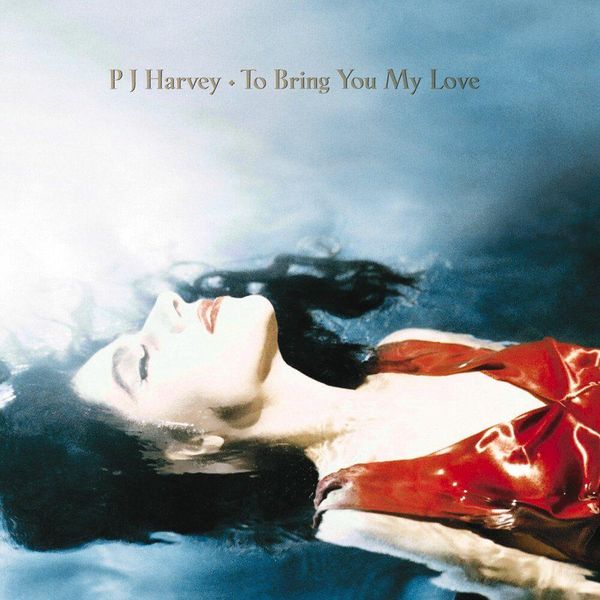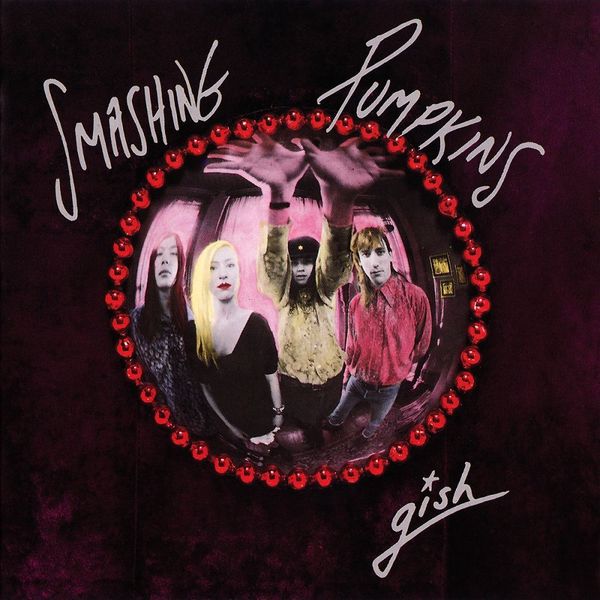André
The influence of Nirvana is impossible to overstate. The band’s breakout record Nevermind was front-loaded with hits that have remarkably remained as momentous rock anthems today, and the legacy of that record will likely be everlasting. But while Nevermind laid the groundwork for our favourite rock bands of the 21st century, In Utero is the work that truly affirms Nirvana’s status.
The band benefitted from the luxury of artistic freedom, of which Kurt Cobain abused to the sheer delight of his many followers following the album’s release. Disregarding the quality of the music itself, the record serves as strong evidence that Cobain was struggling with anxiety, depression, and the relentless stress of fame. With the knowledge of what would come next for Cobain, it seems obvious as a 2017 listener that he was a deeply troubled man. By the end of In Utero, he becomes totally unhinged. However, his self-abusive poetry was curiously misunderstood during Nirvana’s prominence in the early ‘90s. We are now able to recognise Cobain’s exceptional ability for channelling his mental illness through a creative output, rather than, as was perceived at the time, his misery being the central characteristic that made him such an interesting artist.
It’s easy to see why such a misconception occurred: the lyrics are dark, hateful, and at times shocking, and yet In Utero is somehow entertaining rather than disturbing. This is not just due to creative and engaging song writing, but also the valuable input of Krist Novoselic and Dave Grohl, and of course the acclaimed production assistance of Steve Albini. The emotional abuse Cobain imposed on himself was very real, but his animalistic vocal shrieks almost sound comical in the midst of the frenzied Nirvana noise. It’s no wonder that record labels were so desperate to discover another band just like them, but by just being themselves, Cobain and company were a striking phenomenon.
Nonetheless, I do think better albums of a similar breed have been released since In Utero. The batshit crazy nature of tracks like “Tourette’s” is entertaining, but not always substantial. The record generally gets a free pass for its blemishes; and rightly so, given that the sound has proved virtually impossible to mimic in quite the same way. The marks and stains of In Utero are what make it In Utero. Some imperfections cannot be replicated.
8 out of 10
Fred
That In Utero was somehow able to step out from Nevermind’s shadow says everything you need to know about its quality. Nirvana’s final album has an unassuming, painful grace that its predecessor does not. Cobain, Grohl, and Novoselic had an elemental chemistry, and their controlled, aggressive introspection here lends itself to a heavy meditative state. There aren’t as many standout tracks as there are on in Nevermind, but In Utero is a more complete, assured work.
A minor drone dip during the final third aside, just about every aspect of the record is of the highest calibre. The songwriting, the vocals, the synergy, the mixing, the tracklist; each speaks to the finest craftsmanship, and together make for an inimitable experience. For all their shenanigans, indifference to the press, and disdain for most of humanity, when it came to their music Nirvana were perfectionists, and they brushed the heights here. I struggle to imagine them sounding better than they do in “Heart-Shaped Box” or “All Apologies”. The balance of fire and reflection they hit on those tracks and throughout the record makes for as pure an unhappiness mantra as you’re ever likely to find.
Funnily enough, that restraint is probably what keeps it from the highest tier. More than anything else, In Utero showcases a one-of-a-kind band in full control of their sound. Nobody sings like Kurt Cobain does, with that scorched voice. Nobody has emulated the group’s tight, wounded fury, let alone surpassed it. In Utero is wonderful because those things are there, and that’s enough. For the record to be more would almost feel wrong. That was always Nirvana’s beauty anyway. They didn’t need to be special; they just needed to be themselves.
8 out of 10
Andrew
It’s not the golden child of Nirvana’s discography, but In Utero holds its own. By trying to do something different, rather than more of the same after the surprise success of Nevermind, Nirvana created a raucous, abrasive 40 minutes that takes the listener from sublime noise to audible insanity.
The raw quality that the band set out to achieve is certainly evident: between tracks like “Rape Me” (with a meaning blunt enough to bludgeon its listener), tongue-in-cheek track names like “Radio Friendly Unit Shifter”, or the final minute of the same track that breaks out into an outlandish cavalcade of tortured guitars, there’s no way the band were fishing for commercial success.
That said, In Utero is by no means rushed or sloppy, with lyrical writing that disguises its deviously hidden meaning at one extreme, and is born out of total spontaneity at the other. The musicianship on show is consistently brilliant, and although Cobain is often the focus of worship, both Grohl and Novoselic fully deserve their praise too. The tight and noisy drumming combines excellently with the bass, as they take turns underlining and driving tracks to add the required rumble and angst for Cobain’s songwriting.
It’s not an album that can be called perfect, but for me, it complements rather than copies Nevermind, and it oozes the personalities behind the record. It’s aggressive, it’s furious, and it’s opinionated, and it’s hard to think of any other way Nirvana’s final album could exist.
8 out of 10



